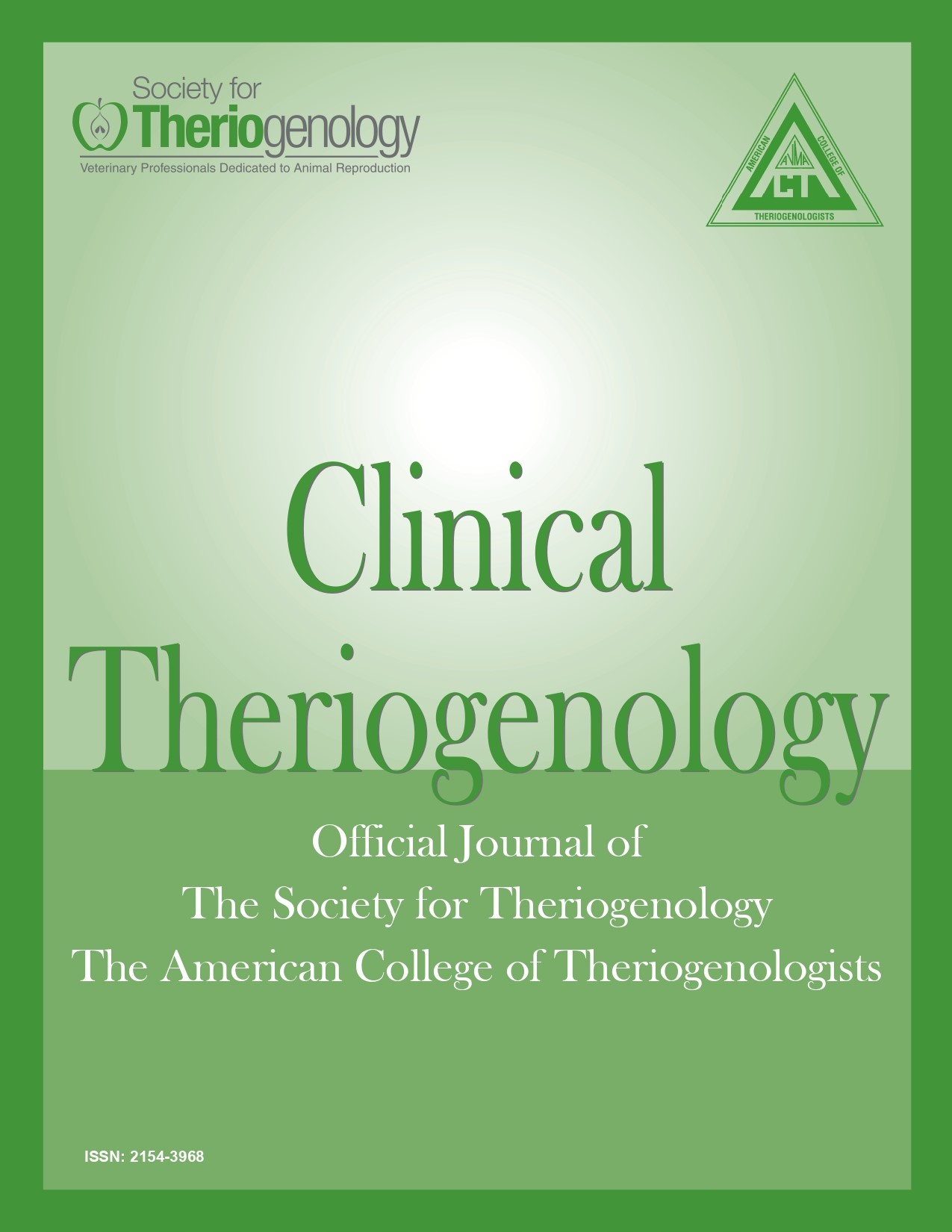Reproductive microbiome alterations: canine prostatitis
Abstract
Prostate is the only accessory sex gland in dog. During periods of sexual rest, prostatic fluid is continuously and constitutively secreted into the proximal urethra where a small amount flows antegrade to exert bactericidal effects and to prevent ascent of lower urinary tract bacteria. Pathologic conditions of the prostate gland are common in dogs and their incidence increases with age. Bacterial prostatitis and benign prostatic hyperplasia account for ~ 85% of all prostatic disorders. Bacterial prostatitis can develop as an acutely fulminating emergency condition or as a chronic disorder in conjunction with benign prostatic hyperplasia. Although signalment, clinical signs and pathogenesis vary between these 2 disease forms, diagnosis and treatment are similar. All dogs with suspected prostatitis should have a complete physical examination, including transrectal palpation and abdominal ultrasonography, as well as a minimum database with complete blood count, chemistry panel, and prostatic fluid analysis and culture (with sensitivity). Most common isolate in bacterial prostatitis is Escherichia coli (there are various subpathotypes that promote prostatic virulence). In addition, a variety of other gram-negative and grampositive bacterial and fungal organisms can cause prostatitis in dogs. Successful treatment of prostatitis depends upon which form of the disease is present. Acute prostatitis requires aggressive systemic therapy with sensitive antimicrobials. For chronic prostatitis, treatment goals must include both reducing prostatic hyperplasia (to eliminate the predisposing cause) as well as antimicrobials (selected based upon sensitivity as well as pharmacokinetics). Trimethoprim-sulfadiazine, erythromycin, chloramphenicol, and enrofloxacin are all suitable choices.
Downloads

This work is licensed under a Creative Commons Attribution-NonCommercial 4.0 International License.
Authors retain copyright of their work, with first publication rights granted to Clinical Theriogenology. Read more about copyright and licensing here.





